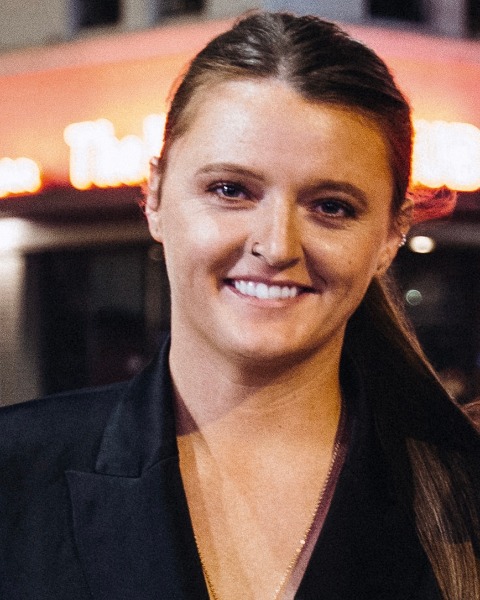Geriatric (G)
PP603 - Digital Marketing and the Uptake of a Decision Coaching Guide for Adults with Unaddressed Hearing Loss
- LG
Laura N. Galloway, AuD
Assistant Professor
University of Louisville
University of Louisville
Louisville, KentuckyFinancial Disclosures: I do not have any relevant financial relationships with anything to disclose.
Non-Financial Disclosures: I do not have any relevant non-financial relationships with anything to disclose. 
Averi Karsin Spinks, Bachelor of Science (she/her/hers)
4th year AuD student
University of Louisville
Palmetto, FloridaFinancial Disclosures: I do not have any relevant financial relationships with anything to disclose.
Non-Financial Disclosures: I do not have any relevant non-financial relationships with anything to disclose.
Presenter(s)
Lead Presenter(s)
The iManage (My Hearing Loss) program is an internet-based decision coaching guide (DCG) designed to increase follow up after failed hearing screening. This poster describes the social media and advertising arm which is one of four arms of an effectiveness study in which participants are given access to the DCG after a failed hearing screening in varied settings. Considerations regarding older adults and internet use are described in terms of ad placement. Tracking results from Google Analytics will reveal which ads and sites were most effective.
Summary:
Rationale:
Despite the high prevalence of older adults with hearing loss, very few seek follow up for a diagnostic hearing evaluation after a failed hearing screening (Jupiter, 1989; Milstein, 2002; Yueh 2010). This is concerning as research continues to show associations between hearing loss and depression, disability, social isolation, poor quality of life, higher healthcare expenditures, increased hospitalization, increased hospital readmission, and cognitive decline (Mener, 2013; Brewster, 2018; Amieva, 2018; Armstrong, 2018; Kamil, 2014; Gispen, 2014; Mick, 2014; Sung, 2016; Kramer, 2002; Foley, 2014; Mahmoudi, 2018; Genther, 2018; Chang, 2018; Lin, 2011). Untreated hearing loss is a major public health issue that can be addressed by increasing the number of adults who come in for a hearing test when they suspect they have a hearing problem. The research team designed the DCG using an iterative, participatory design process that is based on principles of health psychology and was rigorously tested for usability with the target audience. Research shows that 62% of all internet users in the older adult population (65 and older) engage in and use Facebook (Greenwood, 2016). A high percentage of adults turn to digital platforms when seeking healthcare information for ease of finding health information, reliability, and importance in decision making (Manchaiah, 2020). Giving adults access to the DCG through social media and digital advertising arm are typically not considered trustworthy; however, they do offer readily accessible information to a large portion of the population.
Design/Methods:
We launched a marketing campaign with a local marketing firm to place and track digital ads on Google, Facebook, and local newspaper and public radio apps. People who click on the ads are redirected to a study home page where they can learn more about the DCG and sign up to use it. We tracked overall number of clicks on the ad and number of users who signed up to use the DCG using Google Analytics. The campaign was paused several times to make updates to ads and to their placement based on stakeholder feedback.
Results &
Conclusions:
Google and Facebook advertising reached more people than any other arm of the study. The great majority of people who clicked on the ad, immediately left the study home page and did not go any further. Attempts to revise the landing page and the ad has not impacted study recruitment to this point. The digital newspaper ads drew the least number of clicks. The NPR digital ads were the most successful in retaining subjects for the DCG; however, the numbers of hits were much lower than for the Google and Facebook groups. The research team is currently working to revise the study homepage a final time with assistance from various stakeholders to try to increase the number of people who click on the ad and sign up for the DCG. Recruitment is expected to be completed by the end of the calendar year.
Learning Objectives:
- 1. Describe barriers for digital marketing of audiology research to older adults 2. Identify issues related to trust and accessibility of digital marketing platforms with older adults
